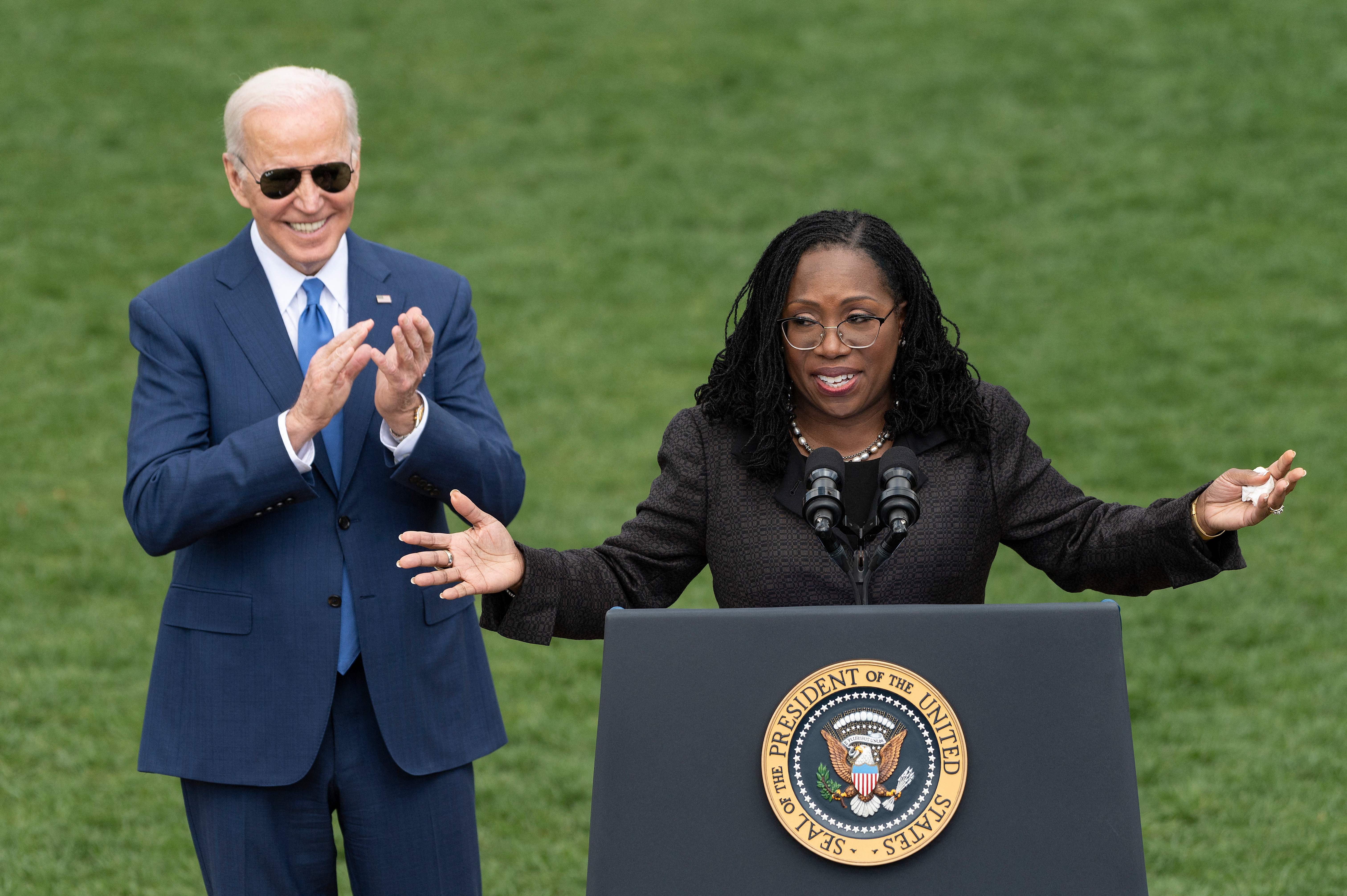The number of Twitter users who may have interacted with Russian propaganda accounts during the months leading up to the 2016 U.S. presidential election has "expanded" to at least 1.4 million, the company said Wednesday.
The company made the announcement on its blog, updating a Jan. 19 post announcing that 677,775 users may have come into contact with political propaganda accounts.
About 1.4 million users have received "notices" from the company that they might have followed or interacted with these accounts, which the company said are possibly part of a propaganda campaign by a group with connections to Russian government called the Internet Research Agency.
The 1.4 million users notified, which includes the previous 677,775 users, does "not encompass every person that ever saw this content," the company said.
Notices were sent to Twitter users with an "active email address" who, according to the company's records, "are based in the U.S. and fall into at least one of the following categories:
- People who directly engaged during the election period with the 3,814 IRA-linked accounts we identified, either by Retweeting, quoting, replying to, mentioning, or liking those accounts or content created by those accounts;
- People who were actively following one of the identified IRA-linked accounts at the time those accounts were suspended; and
- People who opt out of receiving most email updates from Twitter and would not have received our initial notice based on their email settings."
The company's announcement comes amid calls from lawmakers for more transparency about social media platforms' efforts to curb the spread of propaganda.
U.S. & World
Top Democrats Rep. Adam Schiff and Sen. Dianne Feinstein requested information from the heads of both Twitter and Facebook about propaganda accounts on Jan. 22.
The lawmakers are seeking more information about the recent spread of the hashtag #ReleaseTheMemo and its possible links to propaganda accounts, including bot accounts and trolls. The hashtag calls attention to a still-classified memo produced by congressional Republicans that its leaders claim shows corruption within the FBI. Both lawmakers said they were not satisfied with the companies' responses and demanded they provide more information by Feb. 7.
And the New York attorney general Eric Schneiderman is investigating a company that sold hundreds of millions of fake social media "followers" to those seeking to gain popularity or influence online, the New York Times reported.



